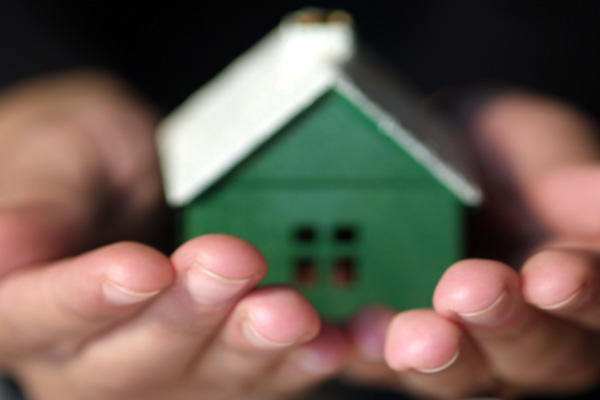In today’s flagging housing market it’s easy to envy renters — they don’t have to worry about flat home sales, paying for home repairs, home owners’ association dues, or property taxes. On the other hand, renters are greatly limited by what they can do on or to the property they are renting; there is no tax advantage for renters; and renters do not gain an equity stake in the property they are leasing. But many renters may soon join the ranks of home owners, by buying up foreclosures.
Purchasing a foreclosed home seemed like a smart investment when the housing decline was in full swing last year. But, as homes prices stabilized, more home buyers turned their noses up at buying foreclosures, mostly because of unknown fees associated with the sale. In fact, a RealtyTrac/Truilia.com survey of potential home owners found that more than half of respondents aren’t interested in foreclosures.
“It’s somewhat surprising that consumers cite hidden costs as the biggest negative aspect of buying a foreclosed home,” said Rick Sharga, senior vice president of RealtyTrac in a company-issued statement.
“Most bank-owned foreclosure sales include the same title protections and other safeguards that are in place for non-foreclosure sales,” Sharga added.
As consumer curiosity in foreclosures waned, renters began expressing interest in these cheaper, often run-down properties. According to RealtyTrac, 57 percent of renters are likely to purchase a distressed home in the future. And, younger renters are significantly more likely to buy a foreclosure. About 61 percent of 18- to 34-year-old renters, and 65 percent of 35- to 44-year-old renters are likely to consider purchasing a foreclosure — compared to just 40 percent of renters 55 years old and older.
What’s more, renters interested in buying a home will have a glut of foreclosures to choose from. The RealtyTrac/Truila.com survey results were released just as Economy.com estimated that 2.4 million homes will be foreclosed in 2010, a slight increase from last year’s foreclosure estimate of 2 million.
“Even during the darkest of economic times, dreams don’t die,” said Truilia.com Founder and CEO Pete Flint in a press release.“Foreclosures provide never-before-seen opportunities for new segments of homebuyers and allows renters to become first-time home buyers,” Flint continued.
Renters should keep their eyes on states with high foreclosure rates. For example, Nevada, Arizona, California, and Florida are expected to have the most foreclosures, according to RealtyTrac. And, cities such as Seattle, Minneapolis, Phoenix and Miami, are experiencing an increase in dispossessed homes.
“Consumers [should] take the time to educate themselves on the process for purchasing foreclosures. They’ll be able to take advantage of the great bargains that currently exist in the real estate market,” concluded Sharga.
Protect your Property and Belongings
Homeowners insurance is a good way to protect your personal property and covers you in case of personal liability. Get free quotes.













